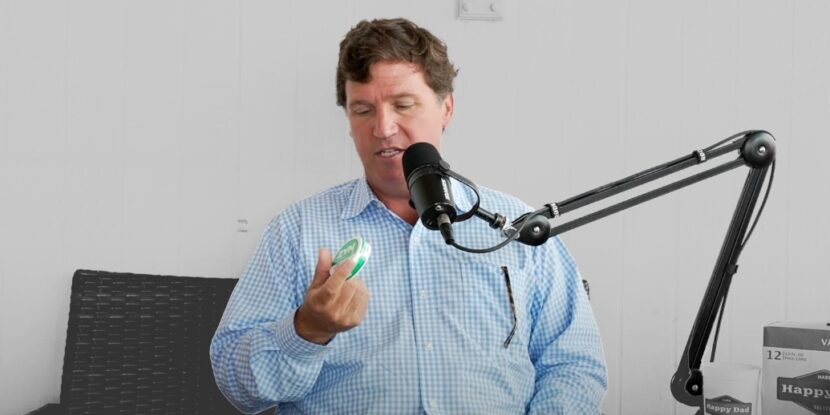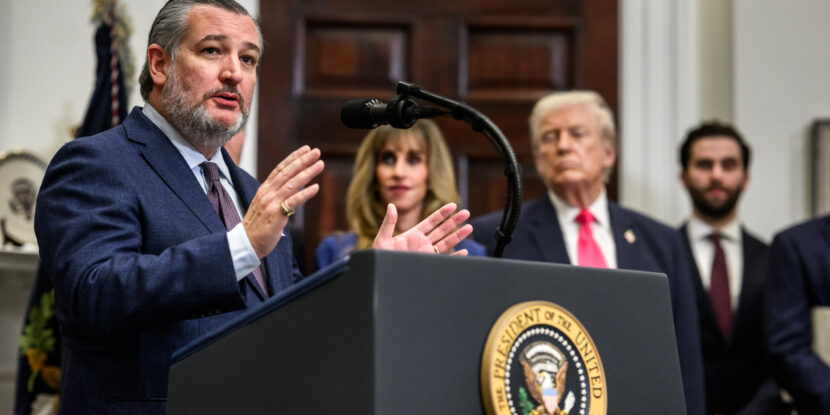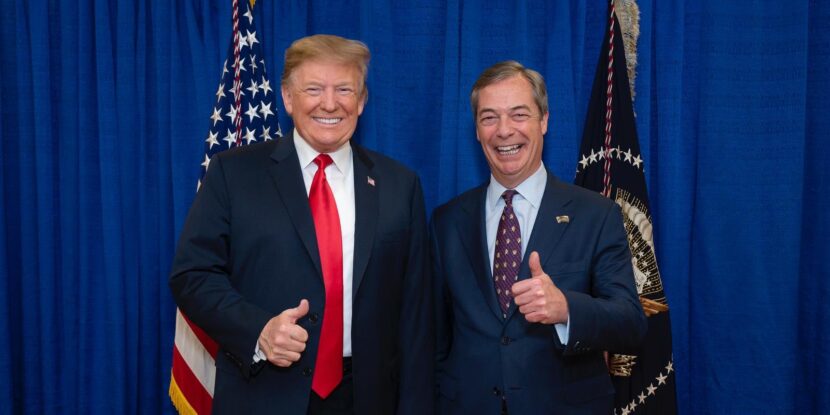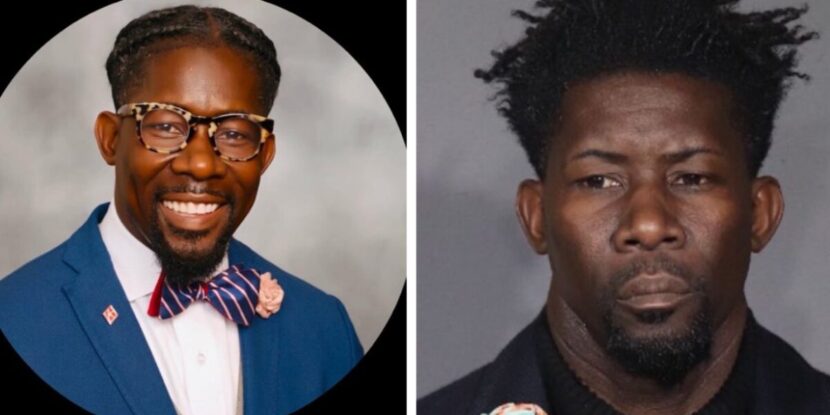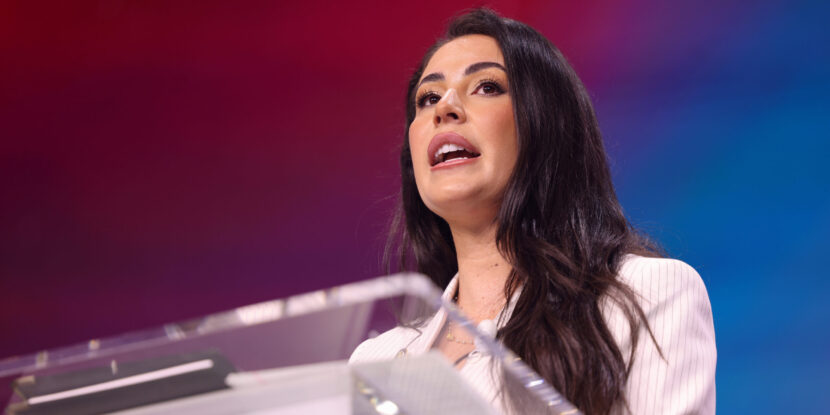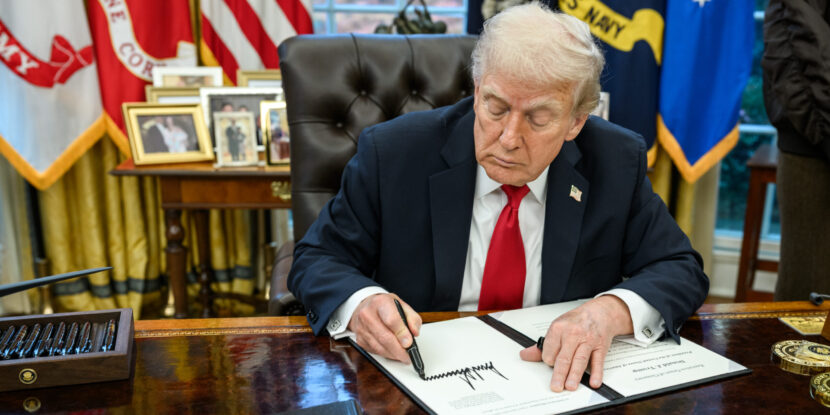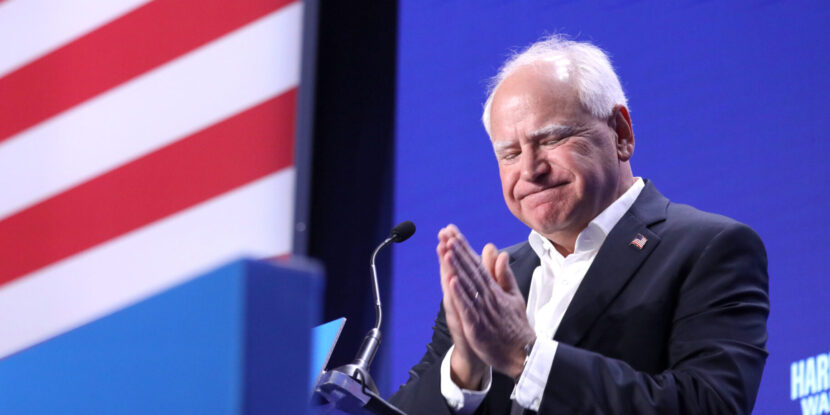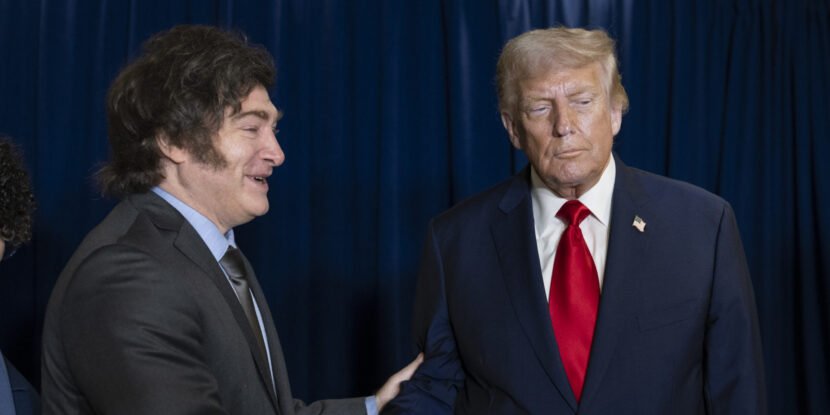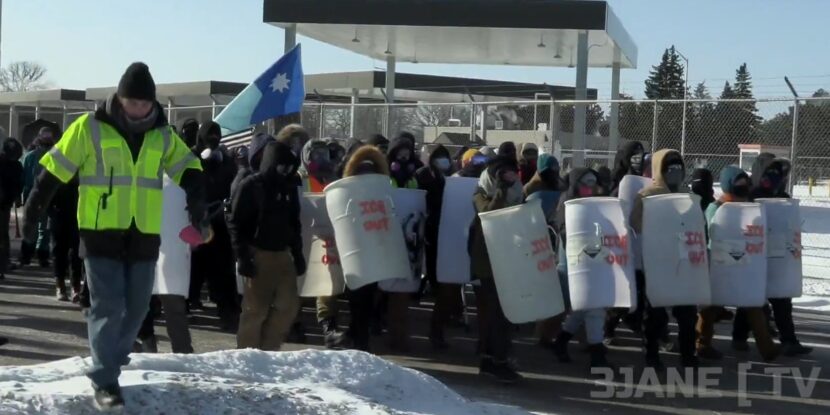Tucker Carlson is dropping Zyn nicotine pouches and launching his own brand, citing its manufacturer’s financial ties to Democratic candidate Kamala Harris. Staff at Zyn’s parent company, Philip Morris International, have donated at least $18,200 to Harris and $100,000 to the Democratic Lieutenant Governor’s Association in 2024, alongside thousands of smaller donations to individual Democratic candidates.
“I’m going through a period of transition in my life with nicotine patches. I’ve used a certain brand; I’m embarrassed to say it, it’s made by a huge company, huge donors to Kamala Harris,” Carlson said, distancing himself from a brand he has passively promoted for years.
“I’m not going to use that brand anymore. I mean, I think it’s fine… for your girlfriend or whatever, but I don’t think men should use that brand. It starts with a ‘Z,'” he joked.
Harris’s running mate, Minnesota Governor Tim Walz, imposed a 95 percent tax on nicotine products, including Zyn, in May, making the support for the Democratic ticket at Philip Morris somewhat counterintuitive.
Carlson is launching his own brand of nicotine pouches, Alp. He says, “It’s a much better option, trust me.”
The former Fox News host is a strong nicotine advocate, insisting it is not a proven carcinogen and raises testosterone.
Is Tucker Carlson done with Z**?? 👀 pic.twitter.com/ks730gM0o9
— Old Row (@OldRowOfficial) September 17, 2024
